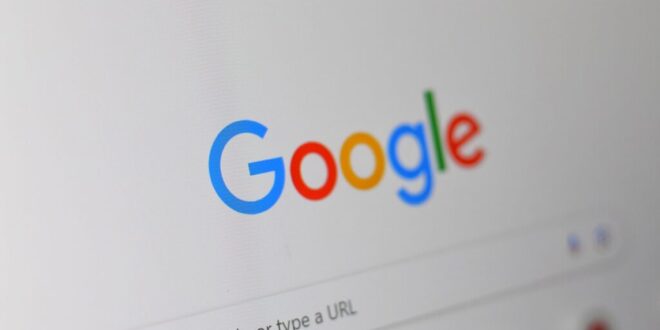A screenshot of Google’s homepage—symbolic of the company’s dominant position now under scrutiny following the EU court’s ruling on Android Auto
Credit : Shutterstock, Galeh Nur Wihantara
Back in 2021, Italy’s antitrust authority fined Google 102 million euros for keeping this handy app—designed to help drivers find electric vehicle charging stations—off its platform. Google claimed that it made its decision because of security concerns and a lack of guidelines. However, the EU judges said they were clear: companies with a dominant market position must allow interoperability unless there is a real risk to security.
JuicePass ruling – Unpacking the wider impact of its decision on digital platforms
Even though Google did eventually introduce the feature Enel requested, the ruling sent a strong signal beyond just one application. Critics claim that this case highlights an important issue: Tech giants should be prohibited from blocking competitors without a good reason. It’s less about how many cars are affected than it is about creating a level-playing field for all. This decision could set a precedent and encourage other tech firms to open up their platform to rival services.
Big Tech’s New Era: EU ruling force changes across digital markets
The Digital Markets Act is now in effect, and Europe is increasing its efforts to promote fairness in the digital space. This decision is a reminder to all tech companies that they must follow the rules. The tech world is closely watching as the Italian Council of State examines Google’s appeal. They are aware that it could be a sign of a shift to more fairness and openness. Many see this as a sign of hope that the unchecked dominance era is finally coming to an close.
 Costa News Spain Breaking News | English News in Spain.
Costa News Spain Breaking News | English News in Spain.





